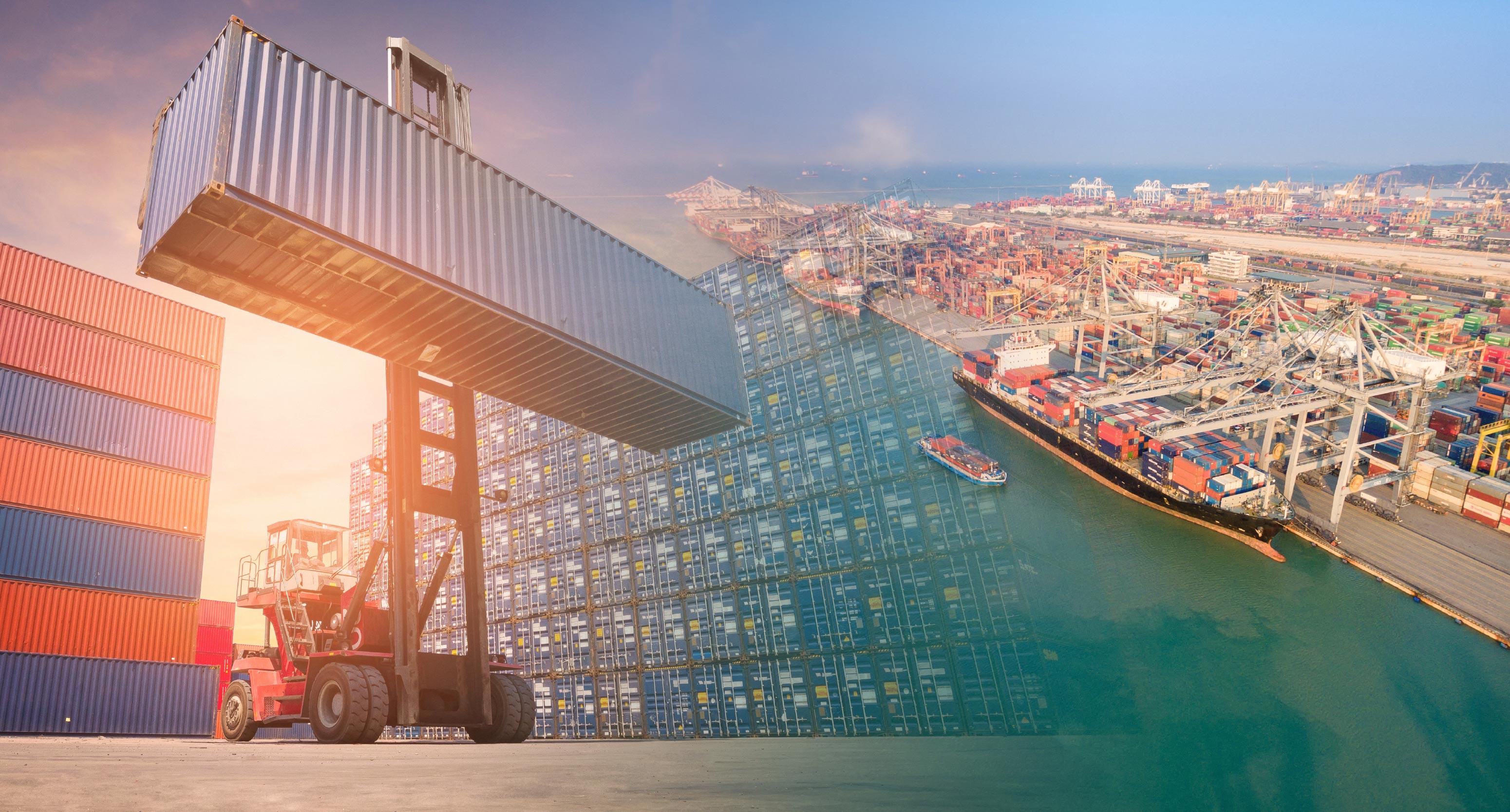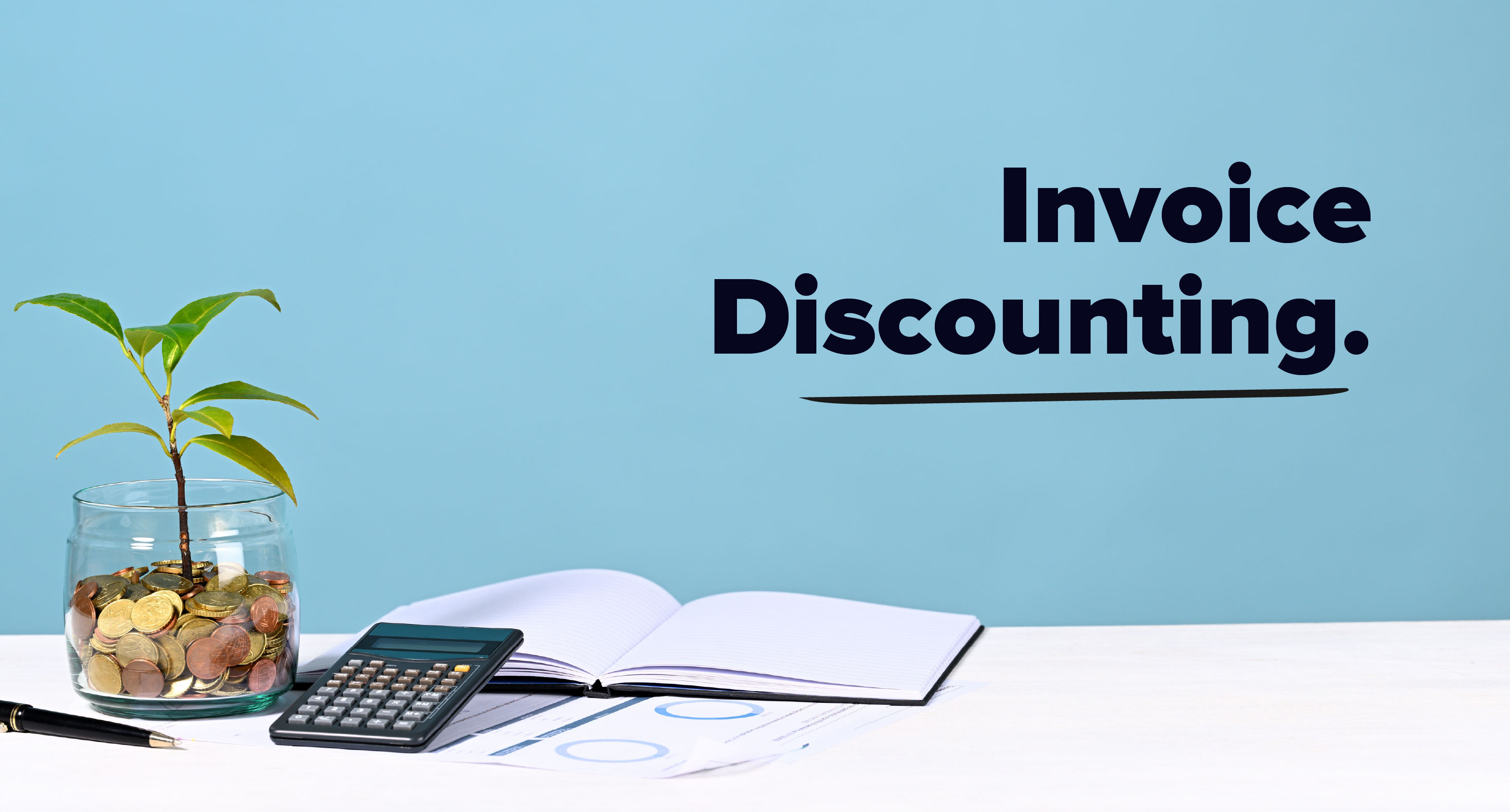10 Things you need to know about import duty financing
Learn the 10 essential things about import duty financing in Kenya. Unlock your goods, manage cash flow, and grow your import business faster.

For Kenyan importers, that moment your shipment arrives at the Port of Mombasa is a mix of relief and anticipation. The goods are here! But then reality hits: you need a significant lump sum to pay the Kenya Revenue Authority (KRA) for import duties and taxes before your cargo can be cleared.
This cash flow crunch can paralyse a business. Your capital is tied up in the inventory itself, leaving you scramble to cover the duty of payment. The result? Costly port demurrage charges, delayed sales, and missed opportunities.
This is where Import Duty Financing becomes your most powerful strategic tool. It’s the key to unlocking your goods and keeping your business moving. Here are 10 things you absolutely need to know.
1. What Exactly Is Import Duty Financing?
In simple terms, import duty financing is a specialised short-term loan designed for one specific purpose: to pay your customs duties and taxes to the KRA.
Instead of depleting your operational cash reserves, a financier pays the duty on your behalf. You then repay the financier, plus a fee, according to the agreed terms. It’s a bridge that gets your goods from the port to your warehouse and ultimately, to your customers without the cash flow bottleneck.
2. It’s Your Shield Against Costly Port Demurrage
Time is money and nowhere is this truer than at the port. Every day your container sits there accruing demurrage, and storage charges are money lost. The duty of a finance facility ensures swift payment and clearance, dramatically reducing or eliminating these dead costs. The savings on demurrage alone can often outweigh the cost of the finances.
3. It Supercharges Your Cash Flow Management
This is the core benefit. By separating your duty of payment from your other operational expenses, you achieve superior cash flow management. You can:
- Keep your cash for marketing, payroll, and restocking.
- Take advantage of bulk purchase discounts from suppliers.
- Smooth out the financial bumps of large, irregular shipments.
4. The Process is Faster Than You Think (And Often Digital)
Gone are the days of endlessly complicated applications. With modern financiers like ke.fin.africa, the process is streamlined:
Apply Online: Submit your application with the required documents (Bill of Lading, Commercial Invoice, etc.).
Rapid Approval: Get a credit decision quickly, often within 24–48 hours.
Duty Payment: The financier pays the KRA directly.
Cargo Release: Your goods are cleared for pickup.
You Repay: You settle the amount as per your agreement, typically after you’ve sold the goods.
5. It’s Not Just for Giant Corporations
Many SMEs assume this kind of finance is out of their reach. This is a myth. A growing number of financial providers are focusing specifically on serving the needs of small and medium-sized Kenyan importers, with facilities tailored to their scale and transaction size.
6. You’ll Need These Key Documents Ready
To speed up the process, have these documents on hand:
- KRA Pin Certificate
- Bill of Lading/Air Waybill
- Commercial Invoice
- Packing List
- Import Declaration Form (IDF)
- Company Registration Documents
7. Understand the Costs: Fees vs. The Bigger Picture
Yes, there is a cost involved, a facility fee or interest. However, smart business owners don’t just look at the fee; they look at the Return on Investment (ROI).
Does the cost of finance allow me to seize a profitable opportunity?
Will it save me more on damage and storage fees?
Will it help me fulfil a large order that would otherwise be impossible?
When viewed this way, duty financing is a strategic cost of doing business, not an expense.
8. It’s a Strategic Tool for Growth, Not Just a Crisis Loan
Don’t think of it as a last resort. The most successful importers use it proactively as part of their growth strategy. It allows you to import larger quantities, maintain higher inventory levels, and respond faster to market demand without being constrained by periodic duty payments.
9. Look for a Partner, Not Just a Lender
Your ideal financier should understand the logistics and import sector in Kenya. They should offer:
- Speed and Efficiency: To avoid port charges.
- Transparency: Clear terms with no hidden fees.
- Flexibility: Structures that match your sales cycle.
10. How to Choose the Right Import Duty Financier in Kenya
When evaluating potential partners, ask these questions:
- What is your typical turnaround time from application to payment?
- What are the total costs involved, stated clearly?
- Do you have experience in my specific industry?
- Is the application process digital and straightforward?
- Can you provide references or case studies?
Unlock Your Goods, Accelerate Your Growth
Your stranded cargo is more than just inventory; its potential revenue is waiting to be realised. Import duty financing is the key that unlocks that potential, transforming a cash flow challenge into a strategic advantage.
Don’t let duties be the barrier between your business and its next growth phase.
Ready to clear the path for your imports?
Discover how ke.fin.africa’s fast and flexible Import Duty Financing solutions can keep your business moving. Apply via USSD code *714# in 10 Minutes or Contact Our Trade Finance Experts Today. 0111149714.

